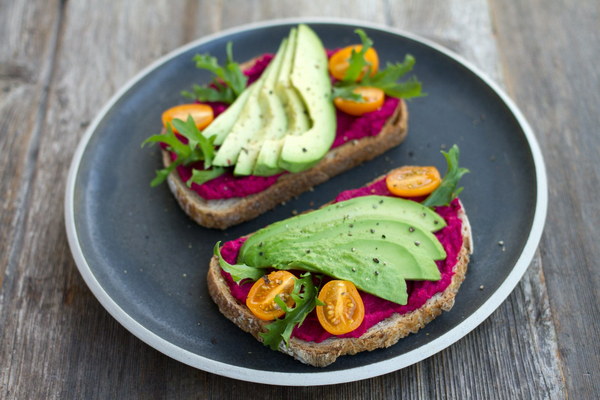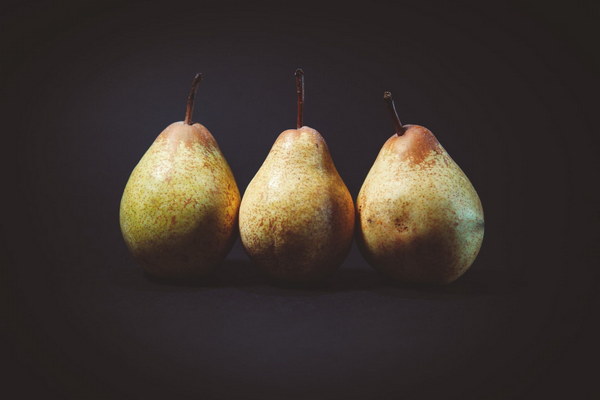The Power of Antiglycation Combating Ageing, Sugar, and Fat
In the quest for youthful vitality and a healthier lifestyle, the term antiglycation has emerged as a key component of modern wellness. Antiglycation refers to the process of preventing the damaging effects of sugar on the body's proteins, which can lead to premature aging and weight gain. This article explores how antiglycation can help combat aging, sugar, and fat, offering practical tips for a healthier you.
Firstly, antiglycation is vital in the fight against aging. Sugar molecules can bind to proteins in the body, forming advanced glycation end products (AGEs). These AGEs accumulate in the skin, leading to wrinkles, sagging, and loss of elasticity. Moreover, AGEs can damage collagen and elastin, the proteins responsible for maintaining skin structure. By reducing sugar intake and adopting antiglycation practices, you can slow down the aging process and maintain a youthful appearance.
To combat aging through antiglycation, consider the following tips:
1. Minimize sugar consumption: Reduce your intake of sugary foods and beverages. Instead, opt for natural sweeteners like Stevia, monk fruit, or date sugar.
2. Choose low-GI foods: Foods with a low glycemic index (GI) release sugar slowly into the bloodstream, minimizing the formation of AGEs. Examples include vegetables, whole grains, and legumes.
3. Consume plenty of antioxidants: Antioxidants help neutralize harmful free radicals and protect your body from AGEs. Incorporate foods rich in antioxidants, such as berries, dark chocolate, and green tea, into your diet.
4. Stay hydrated: Drinking plenty of water can help flush out AGEs from your body and maintain optimal skin health.
Next, antiglycation is crucial in managing sugar and fat. High sugar intake can lead to insulin resistance, a condition where your body becomes less responsive to insulin, the hormone that regulates blood sugar levels. Insulin resistance can result in weight gain, particularly around the abdominal area, and an increased risk of type 2 diabetes and heart disease.
To control sugar and fat through antiglycation, follow these guidelines:
1. Prioritize whole foods: Whole foods, such as fruits, vegetables, lean proteins, and whole grains, are naturally low in sugar and high in fiber, which helps control blood sugar levels and prevent fat gain.
2. Limit processed foods: Processed foods often contain high levels of added sugars and unhealthy fats, contributing to insulin resistance and weight gain. Opt for whole, unprocessed foods whenever possible.
3. Exercise regularly: Regular physical activity can improve insulin sensitivity, helping your body use sugar and fat more efficiently. Aim for at least 150 minutes of moderate-intensity exercise per week.
4. Get adequate sleep: Poor sleep can disrupt insulin sensitivity and lead to weight gain. Aim for 7-9 hours of quality sleep per night.

Lastly, antiglycation can aid in fat loss. By reducing sugar and AGEs in the body, you can improve insulin sensitivity, which helps your body burn fat more effectively. Additionally, antiglycation practices, such as consuming a balanced diet and exercising regularly, can contribute to overall weight management.
In conclusion, antiglycation is a powerful tool in the fight against aging, sugar, and fat. By adopting antiglycation practices, you can slow down the aging process, manage sugar and fat levels, and achieve a healthier, more vibrant life. Start incorporating these tips into your daily routine to reap the benefits of antiglycation and experience the transformation for yourself.









